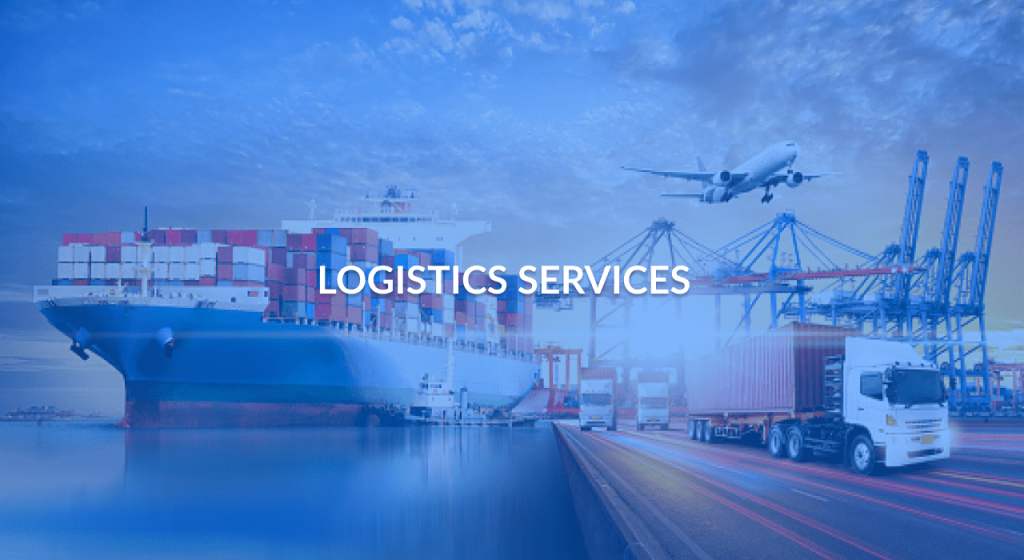In today’s rapidly evolving global marketplace, businesses face growing challenges in ensuring the efficient movement of goods while minimizing costs and environmental impact. Comprehensive logistics services have emerged as a critical solution to address these challenges, offering a multifaceted approach that combines cost-efficiency and sustainability. This article explores how comprehensive logistics services can play a pivotal role in optimizing supply chain operations, reducing expenses, and promoting sustainability.

Streamlining Operations for Cost-Efficiency
One of the primary goals of logistics services is to streamline operations to maximize cost-efficiency. Comprehensive logistics services encompass a wide range of functions, including procurement, transportation, warehousing, inventory management, and distribution. By integrating these functions under a unified strategy, businesses can eliminate redundancies, reduce waste, and ultimately lower costs. Procurement plays a crucial role in cost-efficiency, as it involves sourcing materials and products at the best possible prices. Comprehensive logistics services enable businesses to leverage their purchasing power through bulk buying and negotiations with suppliers. This not only reduces procurement costs but also ensures a steady supply of high-quality materials. Efficient transportation is another critical aspect of cost-effective logistics. Comprehensive logistics services involve route optimization, mode selection, and carrier negotiation to minimize shipping expenses. By utilizing advanced technologies such as GPS tracking and real-time analytics, businesses can make informed decisions to reduce fuel consumption, transportation times, and overall costs.
Sustainability as a Competitive Advantage
In recent years, sustainability has become a focal point for businesses worldwide. Consumers are increasingly conscious of the environmental impact of their purchases, and regulatory bodies are implementing stricter environmental standards. As such, sustainability is no longer just a corporate responsibility it is a competitive advantage. Comprehensive logistics services provide a framework for integrating sustainability into supply chain operations. The delivery jobs enable businesses to assess and reduce their carbon footprint by optimizing transportation routes, reducing energy consumption in warehouses, and implementing eco-friendly packaging solutions. Sustainable practices not only benefit the environment but also resonate with environmentally conscious consumers, enhancing a company’s brand reputation.
Technology-Driven Solutions
The digital transformation of logistics has revolutionized the way businesses operate. Comprehensive logistics services leverage cutting-edge technologies to enhance efficiency and sustainability. Advanced software systems enable real-time tracking of shipments, predictive maintenance of vehicles, and demand forecasting, reducing operational costs and environmental impact. By preventing spoilage or damage during transit, IoT-driven logistics contribute to both cost savings and sustainability goals.
Supply Chain Resilience
In addition to cost-efficiency and sustainability, comprehensive logistics services also enhance supply chain resilience. By diversifying sourcing options and optimizing inventory management, businesses can mitigate disruptions caused by unforeseen events like natural disasters, geopolitical tensions, or economic crises. A resilient supply chain not only reduces the risk of costly disruptions but also supports long-term sustainability by ensuring continuity of operations.
Comprehensive logistics services are the cornerstone of modern supply chain management, offering businesses a holistic approach to achieving cost-efficiency and sustainability. By integrating procurement, transportation, warehousing, and distribution under a unified strategy, businesses can streamline operations, reduce costs, and improve their environmental footprint.

